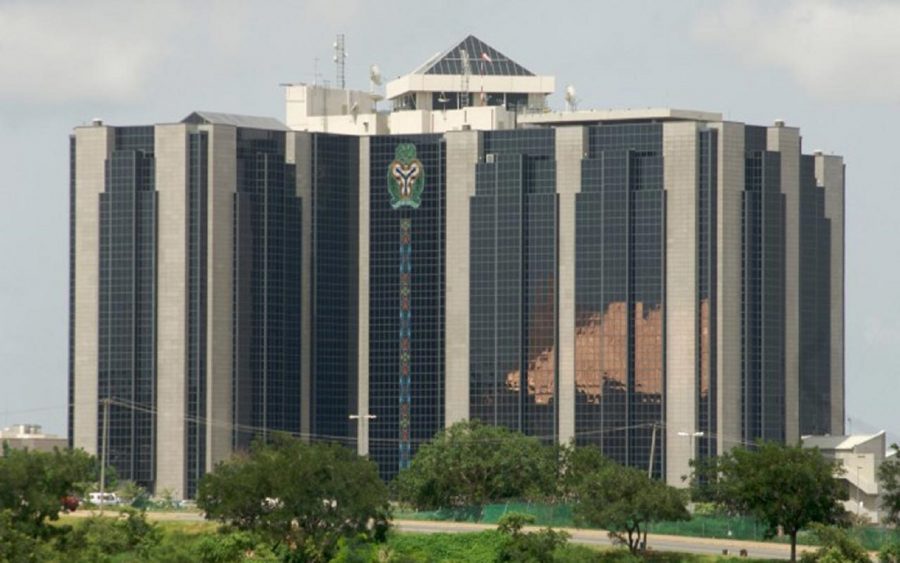- As MPC retains Monetary Policy Rates
The Central Bank of Nigeria (CBN) has expressed concern over the gradual rise in non-performing loans (NPL) in the banking industry and wants action taken against the trend by the deposit money banks (DMB).
This comes on the heels of the CBN Monetary Policy Committee (MPC) decision to maintain the monetary policy rate at 11.5 per cent.
In the communique of its rate-setting Committee meeting held in Abuja November 23-24, the apex bank drew attention to the gradual increase in non-performing loans above the regulatory ceiling.
The communique was read by the CBN Governor, Godwin Emefiele.
It expressed the need to adopt practical measures to ensure that NPLs remain within regulatory threshold.
It however noted the improvement in financial soundness indicators of the DMBs as of October 2020.
“MPC noted the improvement in Financial Soundness Indicators of the DMBs which showed Capital Adequacy Ratio (CAR) of 15.5 per cent, Non-Performing Loans (NPLs) of 5.73 per cent and Liquidity Ratio (LR) of 35.6 per cent, as at October, 2020.
“As regards nonperforming loans (NPLs), MPC however, noted that the ratio remained above the prudential benchmark of 5.0 per cent and urged the Bank to sustain its tight prudential regime to bring it below the benchmark”, the CBN said.
The apex bank said the Committee resolved to retain all monetary policy parameters without adjustments to achieve the necessary stability required in the country’s economy that slipped into the second recession in five years.
The CBN announced that the lending rate, also known as the monetary policy rate (MPR), was retained at 11.5 per cent, and that the asymmetric corridor of +100/-700 basis points around the MPR was left unchanged.
Emefiele announced that the Committee also agreed to maintain the cash reserve ratio (CRR) at 27.5 per cent and the liquidity ratio at 30 per cent.
The CBN governor said the Committee noted with concern the upward trend in inflation rate in the past fourteen consecutive months which was attributed to the increase in both food and core inflation.
He said the trend was driven by persistent nationwide insecurity and other structural challenges:
“The Committee noted with concern that inflation has been on the rise for the fourteenth consecutive month, as headline inflation (year-on-year) moved up to 14.23 per cent in October 2020 from 13.71 per cent in September 2020.
“This was attributed to the increase in both food and core inflation, which rose to 17.38 and 11.14 per cent in October 2020 from 16.66 and 10.58 per cent in September 2020, respectively.
“The continued increase in food and core inflation was attributed to the persistence of insecurity across the country as well as lingering structural deficiencies impacting the logistics of moving food items to urban areas such as poor road networks, unstable power supply and a host of other infrastructural deficiencies.
“Other factors include the persisting impact of coronavirus-induced supply disruptions, recent hikes in the price of energy products (PMS and electricity) and weak crude oil prices.”
Emefiele said that the committee resolved to sustain the monetary policies through stimulus support towards full recovery.
He said the measures were targeted at reducing unemployment and providing an enabling environment for private sector investment and support the health other sector to cushion the impact of the Covid-19 pandemic.
The CBN is expected to sustain its various intervention measures to boost consumer spending and support the recovery as the country expects gradual ease of the recession by the fourth quarter.


